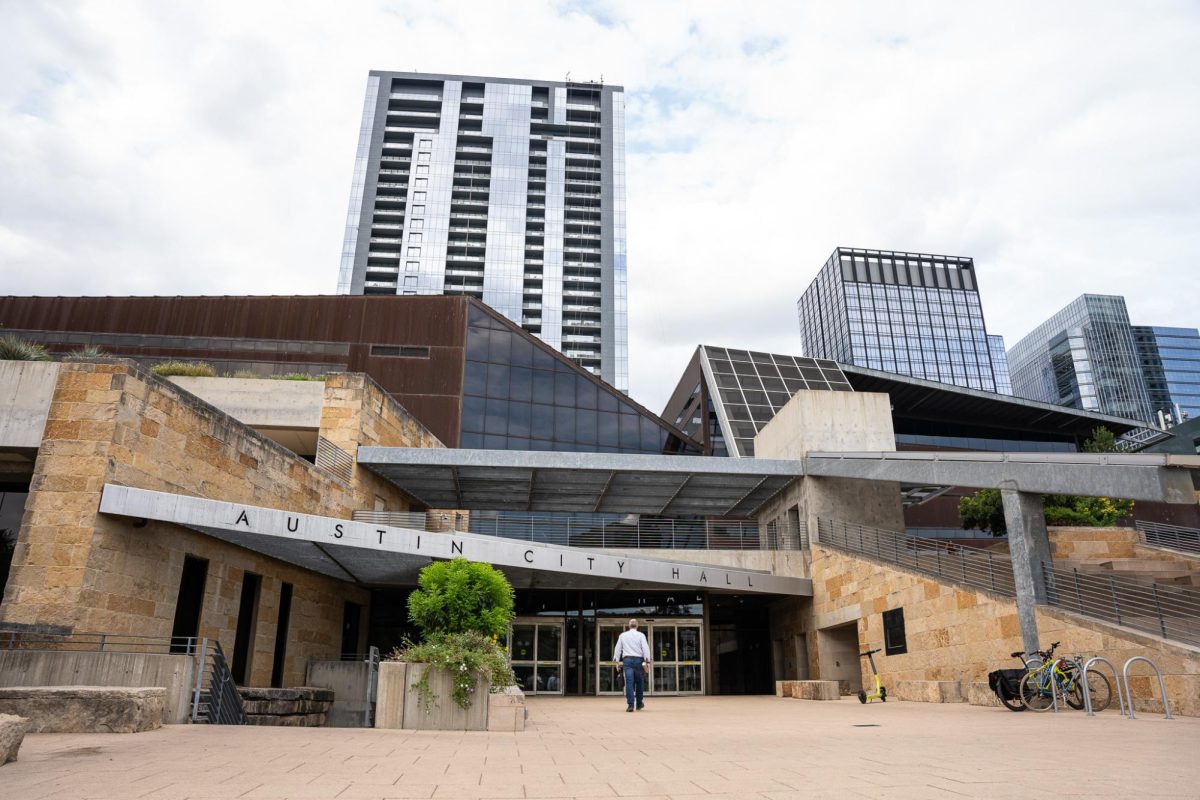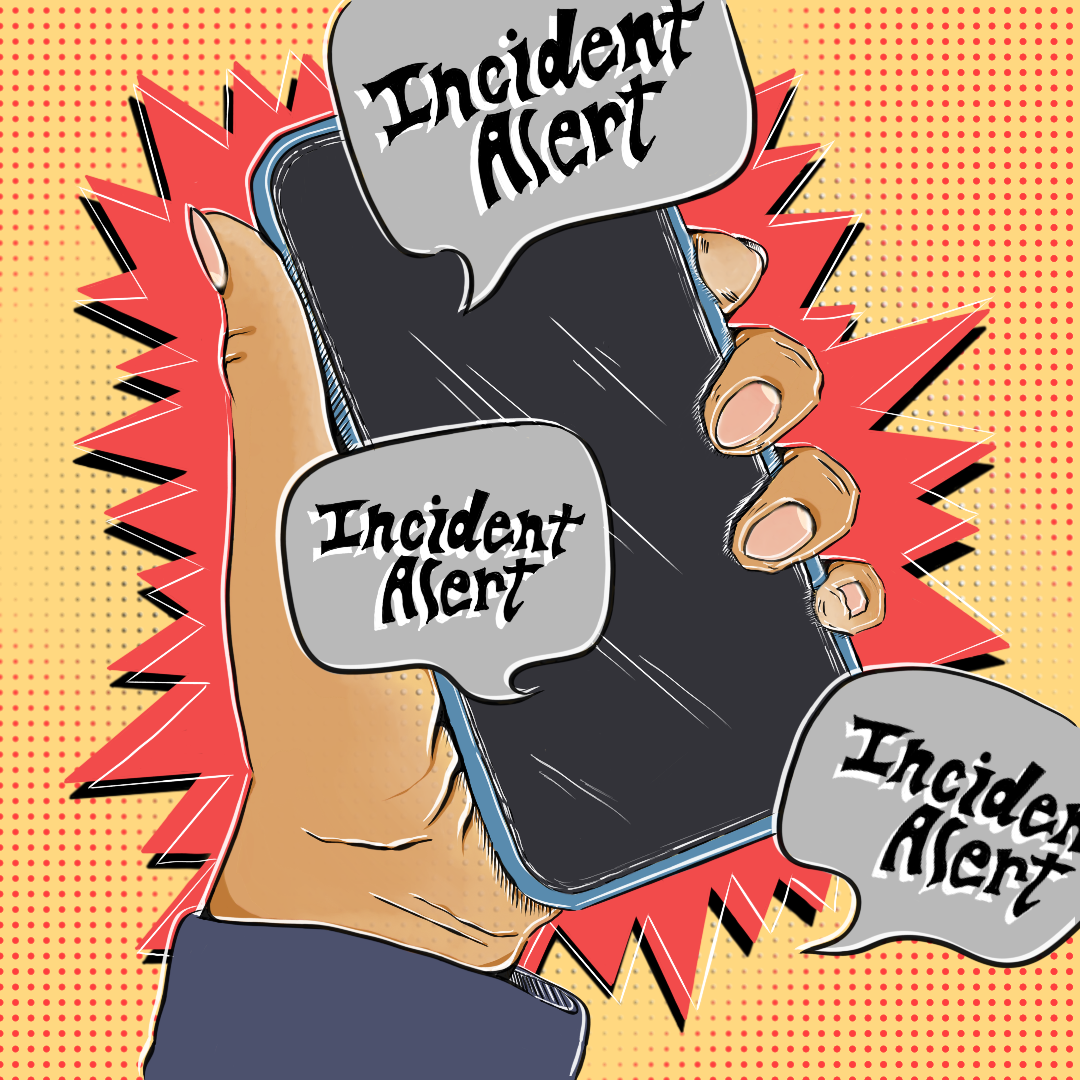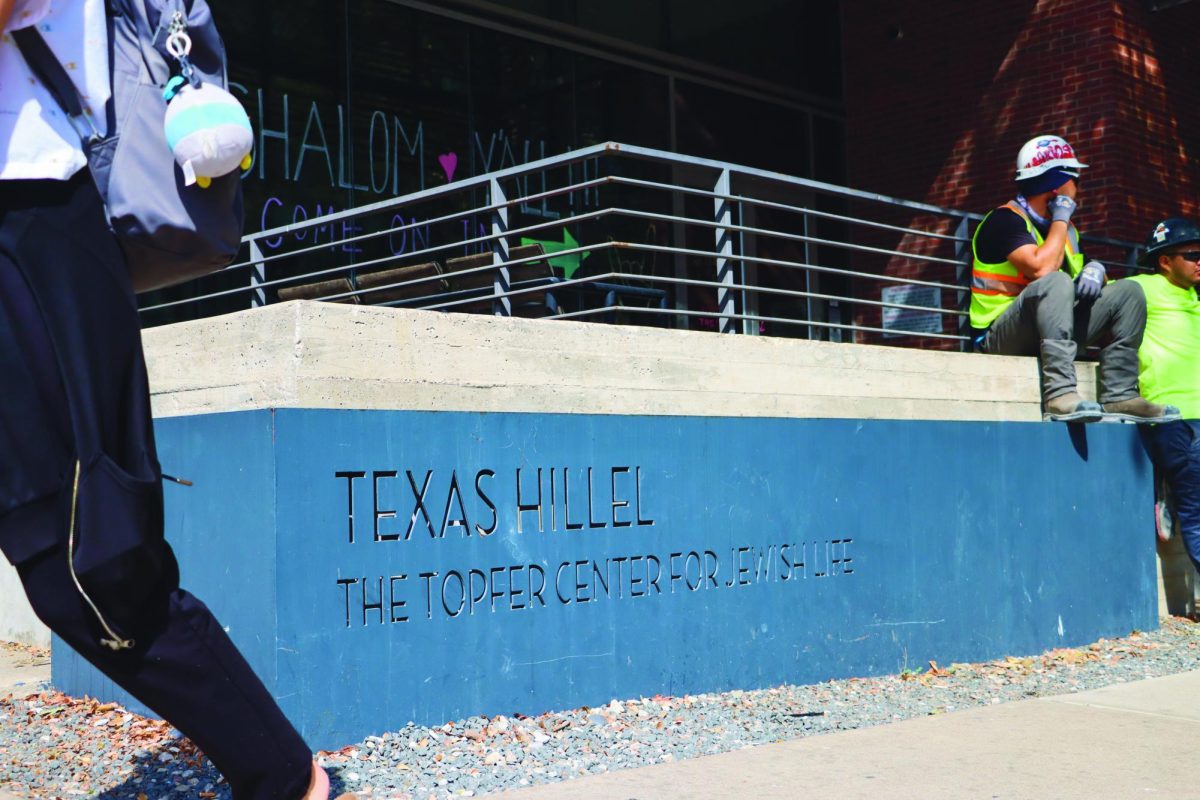Austin’s office of the city auditor is asking citizens to fill out a survey that evaluates the Austin Police Department’s engagement with the community.
The city hired Matrix Consulting Group to assess APD’s community policing efforts in 2016, assistant city auditor Andrew Keegan said. Since then, Keegan said APD has attempted to implement the group’s recommendations, including increased staffing, support for community policing within the department and meeting regularly with community members and stakeholder groups.
“We felt it was the right time to come back and see has there been any change in the environment since then,” Keegan said.
The survey, which closes Friday, is available in English, Vietnamese and Spanish. Keegan said the surveys were sent to neighborhood associations, distributed on social media and promoted by media contacts starting Sept. 27. The survey has received approximately 1,700 responses as of Monday morning, Keegan said.
“The more responses, the better understanding we have of the perceptions and feelings of community members, and that’s going to make our audit better,” Keegan said.
The survey asks respondents to rate their experiences with APD personnel from very negative to very positive. The survey also asks whether citizens see the same officers in their area, find APD officers responsive and professional, and what APD should do to improve its community policing efforts.
Bill Spelman, professor of public affairs, said while neighborhood associations may ensure APD gets an adequate number of responses, posting the survey on social media will not.
“The people who have very strong feelings are likely to go out of their way to answer a survey and the people with the strongest feelings are probably going to be those who had a bad interaction,” Spelman said. “On the other hand, sometimes it goes the other way and there is a bias (in) favor of the police department having good interactions.”
Spelman said there are two parts to community engagement. The first is going out and meeting community members to build a rapport with them, and the second is making contact with the public to identify recurring problems so police can partner with community members to fix them.
“I’m getting a real good sense from the questionnaire that they’re going to be picking up on the first half of the community policing stuff,” Spelman said. “That’s good background material, but it’s only the first step. The second step they don’t really cover because it’s a hard thing to talk about and certainly a hard thing to ask people about (through) a social survey.”
Psychology sophomore Marianna Lopez said she was not aware of the APD survey but would potentially fill it out.
“I think they’re doing all that they can,” Lopez said. “Having a dad as a cop, I feel l understand a little bit more, but I think for now they’re doing well.”





















